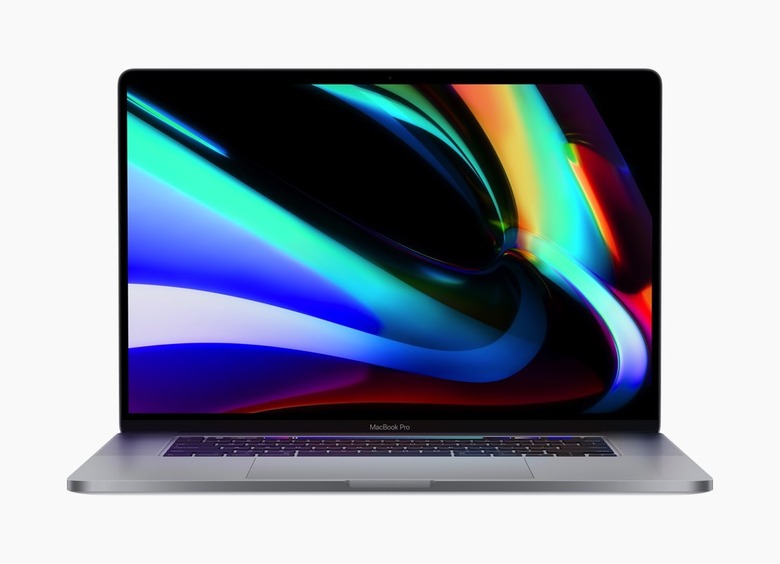Former Intel Engineer Sheds Light On Apple's Decision To Design Its Own Chips
- A former Intel engineer claims that quality control issues with Intel's SkyLake processors convinced Apple to design its own desktop chips.
- Apple later this year will start shipping Macs with ARM-based chips.
- The switch from Intel to Apple silicon will be a two-year transition, according to Tim Cook.
Apple earlier this week confirmed that future Macs will boast Apple silicon as opposed to Intel-based processors. The transition away from Intel, which Apple categorized as "historic," will take about two years and will start with new Macs set to hit store shelves later this year.
Apple's transition to ARM-based chips can be attributed to two factors. For starters, it's no secret that Apple has long preferred to own as much of the underlying technology in its products as possible. And given that Apple has been designing best-in-class chips for the iPhone for years now, Apple-designed chips on the company's Mac lineup was arguably an inevitability.
Another factor behind Apple decision is that the company was simply getting fed up with Intel. Even before rumors of Apple ditching Intel for ARM-based chips emerged, there were a number of instances where Apple was forced to push back Mac releases due to delays with chip development at Intel. Some models, with the iMac being a prime example, would sometimes linger without a significant update for years.
In light of the second factor, an Intel engineer named Francois Piednoel recently spoke to PC Gamer and revealed that problems associated with Intel's family of SkyLake processors finally convinced Apple it needed to explore other options. If you recall, Macs with SkyLake processors launched in 2015 after a number of highly publicized delays. According to Piednoel, Intel's SkyLake processors not only launched later than anticipated, but were also prone to all sorts of bugs that Apple discovered during the development process.
"The quality assurance of Skylake was more than a problem," Piednoel said. "It was abnormally bad. We were getting way too much citing for little things inside Skylake. Basically our buddies at Apple became the number one filer of problems in the architecture. And that went really, really bad.
"When your customer starts finding almost as much bugs as you found yourself," Piednoel added, "you're not leading into the right place."
As Piednoel explains, the issues associated with SkyLake proved to be an "inflection point" for Apple.
Again, the first Macs with Apple's own silicon will arrive later this year. Rumor has it that the MacBook Pro and a new iMac (perhaps with a new design) will be the first Macs to ship with ARM-based chips.
As for existing Intel-based Macs, Tim Cook made a point of noting that macOS will continue to support Intel machines for years to come.
